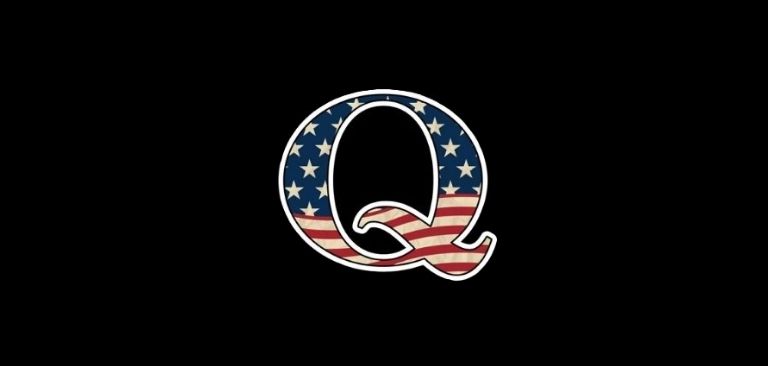Twitter has announced sweeping changes that will essentially blacklist QAnon content from the platform.
QAnon followers are largely pro-Trump and believe that a high-level government insider or group of insiders named “Q” are working to bring down the Deep State (a group inside the government that operates independently of elected officials to promote its own interests) and sharing their plans via online posts.
Under these changes, content and accounts associated with QAnon will be blocked from Twitter trends, recommendations, search, and conversations.
Additionally, links that Twitter deems to be associated with QAnon will also be blocked and users will be unable to share them on the platform.
Twitter also wrote that “accounts tweeting about these topics that we know are engaged in violations of our multi-account policy, coordinating abuse around individual victims, or are attempting to evade a previous suspension” will be permanently suspended.
The changes will be introduced this week and Twitter added that it will update its rules and enforcement approach again if necessary.
As Twitter made this announcement, it also revealed that it had permanently suspended more than 7,000 QAnon accounts over the last couple of weeks and that around 150,000 accounts will be suppressed as a result of these changes.
Twitter stated that it’s making the changes in line with its approach of taking “strong enforcement action on behavior that has the potential to lead to offline harm.”
But the platform already has rules that address potential offline harm. Instead of just sanctioning users that Twitter has deemed to be engaging in rule-breaking behavior, these far-reaching changes place restrictions on all content that’s deemed to be associated with QAnon.
A Twitter spokesperson confirmed that Twitter’s targeted enforcement against QAnon already fell under Twitter’s existing platform manipulation rules but that QAnon will now be classified under a new designation – “coordinated harmful activity.”
Twitter’s aggressive restrictions on QAnon content follow Google and Facebook also taking similar actions in recent months.
In late May, Google removed several QAnon apps from its Play Store for “distributing misleading or harmful information.”
And in early May, Facebook removed 31 QAnon groups, pages, and accounts “ahead of the 2020 election in the US.”
QAnon followers often support President Trump so the restrictions could by extension also have a significant impact on accounts that tweet positively about the President and share his message.
The crackdown comes less than four months before the 2020 US presidential election and follows both Facebook and Twitter applying warning labels to or censoring posts from Trump.
The restrictions also follow Big Tech platforms ramping up their efforts to censor what they deem to be “misinformation” in the run-up to the election.













